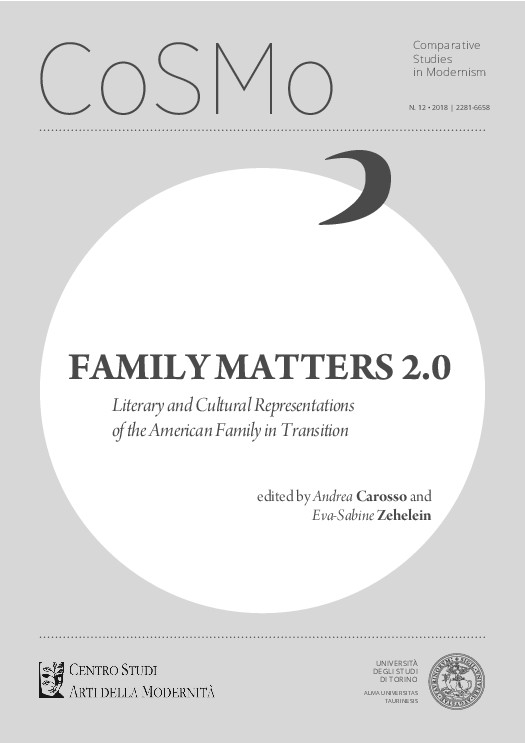Selling the Nuclear Family: Social Order, Gender and Consumption in Magazine Advertising in the US since World War II
Abstract
Modern Western societies have always considered the family as the central unit of state and nation beyond the individual. Also, the family, especially the nuclear family concept, has been used in magazine advertising to sell products and to convey certain images of “modernity” and “consumerism” – especially since the second half of the 20th century. But how did the depiction of the family, the constellation displayed (mothers and children, fathers active or distanced, nuclear families or extended ones…) and the gender roles suggested change over time? Here, advertising seems of crucial importance – as the companies that commissioned the ads sought to appeal to customers for the sake of material gain, thus linking cultural values and economic interest. Mainline magazines provide an important source, as they widely used picture ads and attracted a large readership. Interestingly, historical research in this field still is relatively scarce – especially when it comes to a long-term perspective.
Thus, the proposed contribution will seek to analyze how mainline magazines in the US („Time“, „Life“, “Good Housekeeping”) used images of “the modern family” in picture adds to attract consumers and gain acceptance for their products. Special emphasis will be placed on the question how notions of the family and the embedded gender norms did change (or were preserved or reaffirmed) in the course of the social transformations of the second half of the 20th century. It is the objective of the paper to provide a fresh look at accepted models of social and normative change in the United States by investigating a largely neglected set of sources that had to reconcile modernity, readers’ values and economic interest.
Downloads
Gli autori mantengono i diritti sulla loro opera e cedono alla rivista il diritto di prima pubblicazione dell'opera, contemporaneamente licenziata sotto una Licenza Creative Commons - Attribuzione che permette ad altri di condividere l'opera indicando la paternità intellettuale e la prima pubblicazione su questa rivista.








